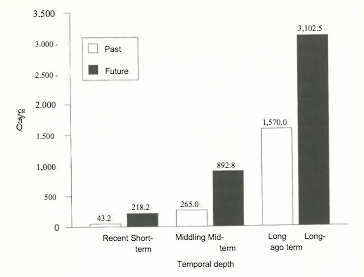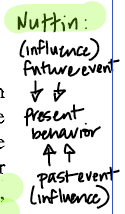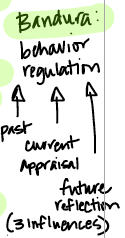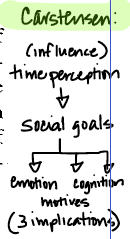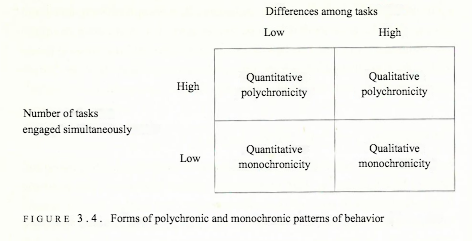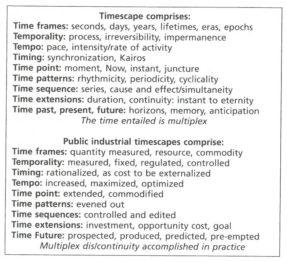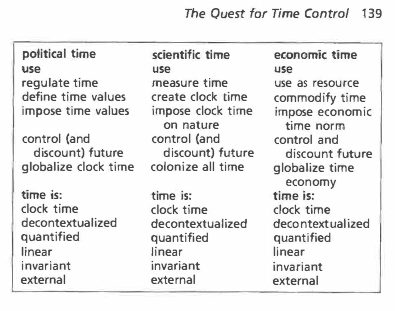Whilst social theorists are no longer united in the belief that all time systems are reducible to the functional need of human synchro~is_ation and co-ordination they seem to have little doubt about the validity of Sorokin and Merton's other key point that, unlike social time, the time of nature is that of the clock, a time characterised by invariance and quantity. Despite significant shifts in the understanding of social time, the assumptions about nature, natural time, and the subject matter of the natural sciences have remained largely unchanged.
Adam argues here that while the concept of "social time" has evolved, social scientists' ideas around "natural time" have not kept pace with new scientific research, and incorrectly continue to be described as constant and quantitative (aka clock time).
Further, "natural time" incorrectly incorporates other temporal experiences and seems to be used as a convenient counter foil to "social time"
